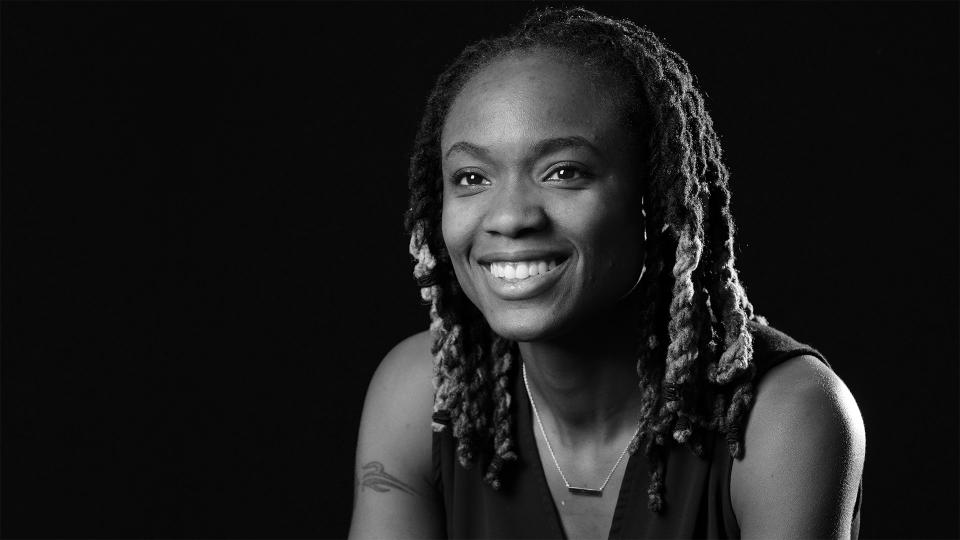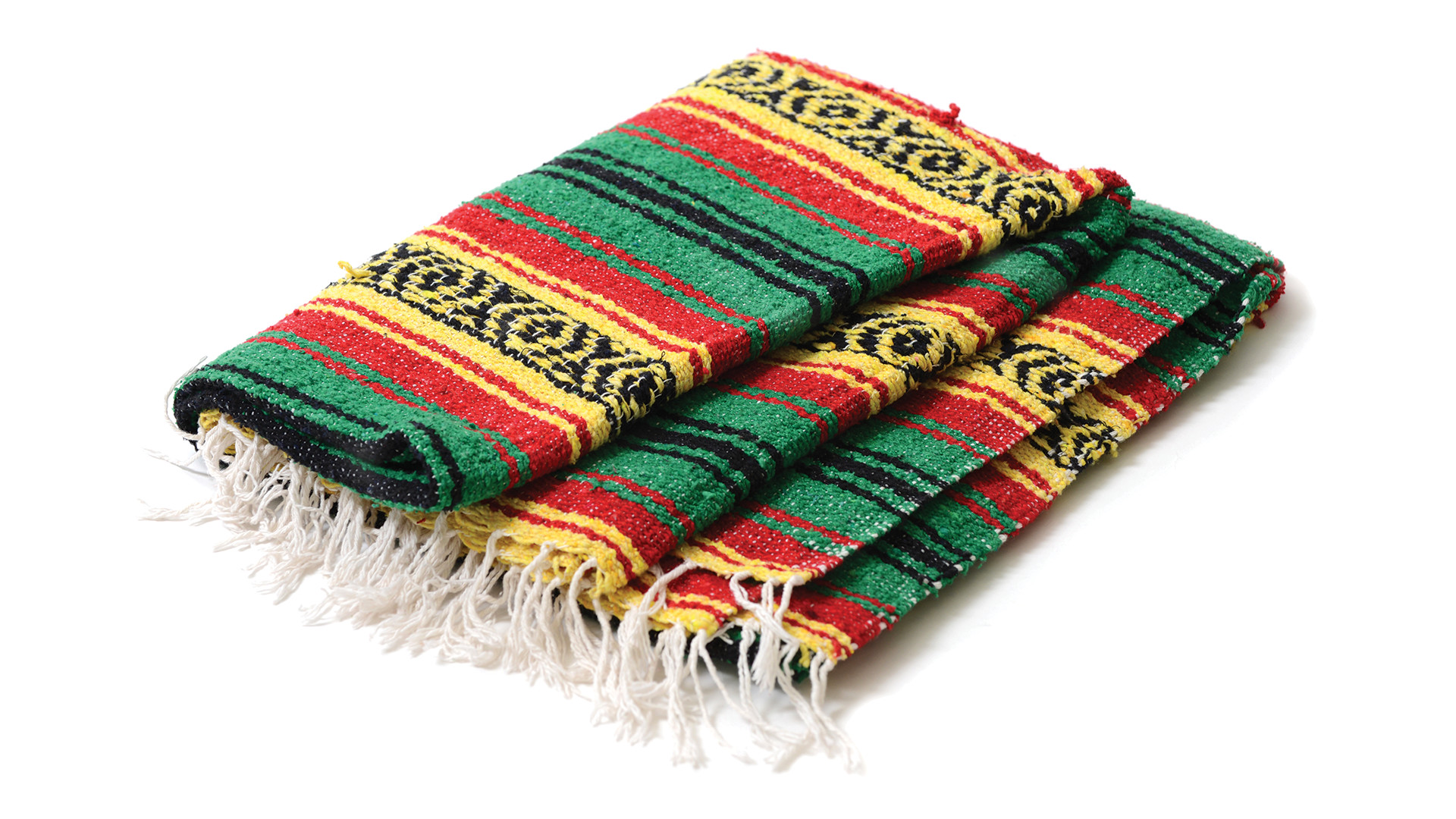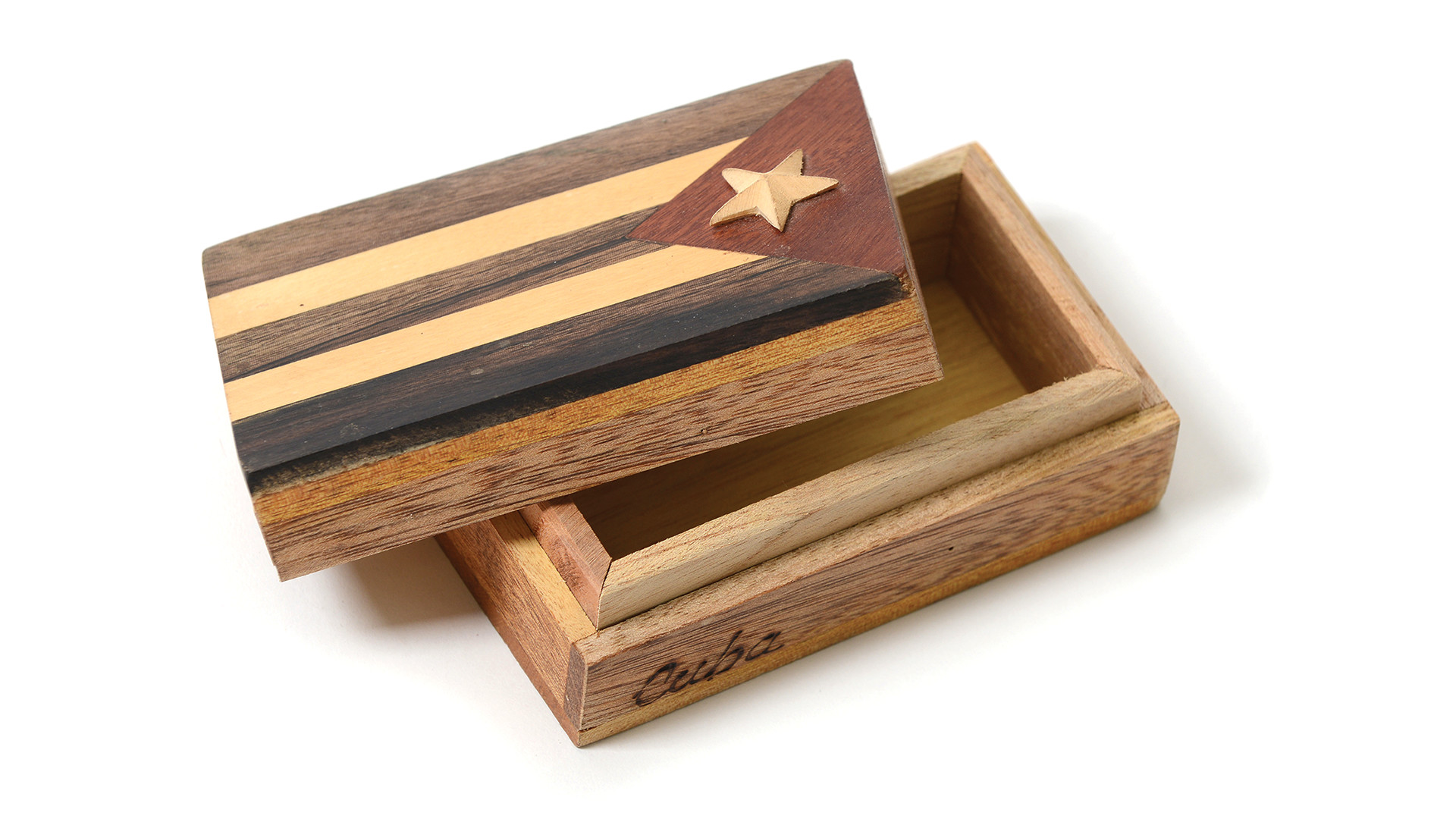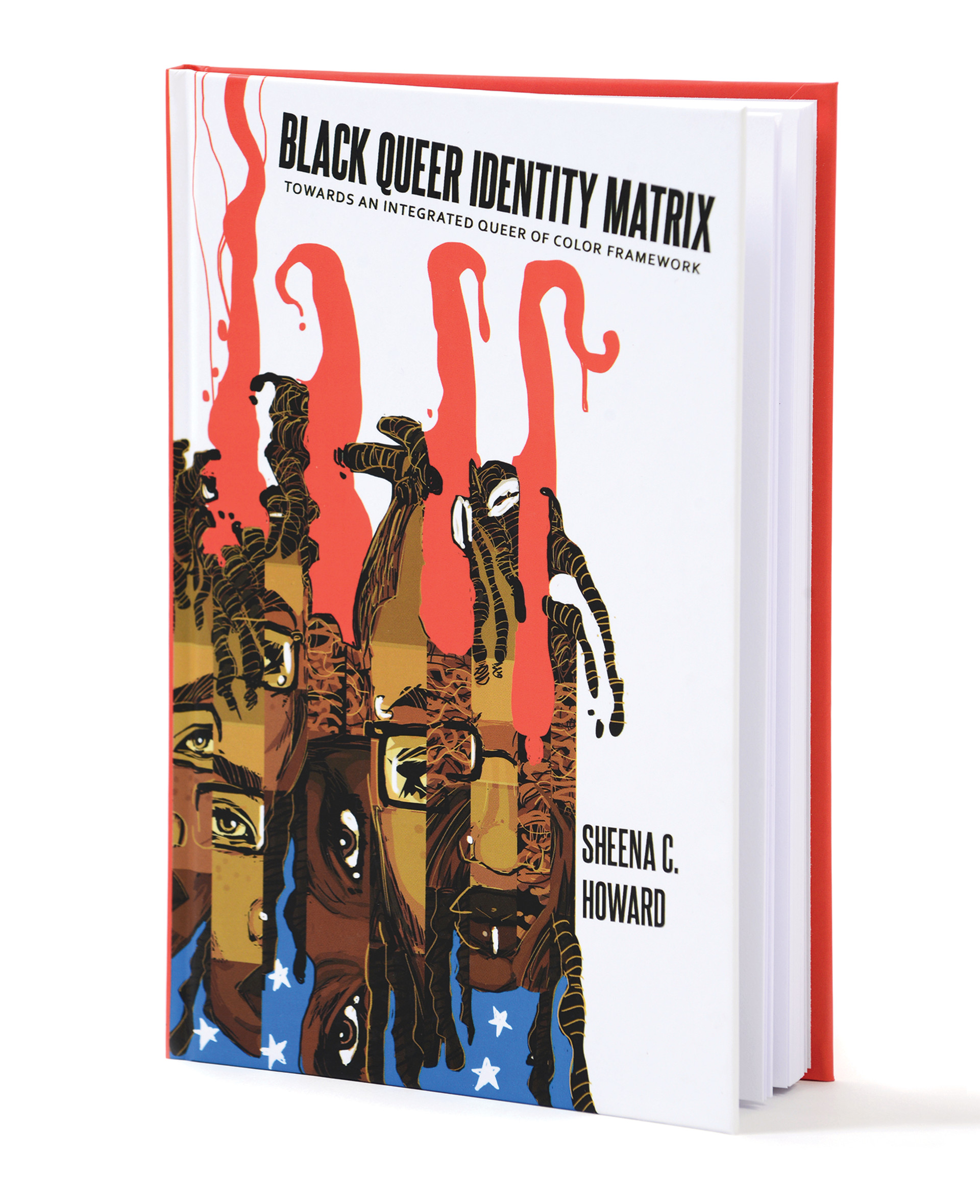by Adam Grybowski
In a short time, Dr. Sheena Howard has proven to be one of Rider’s most outspoken voices in print, online and on air. Her books, blog posts and media commentary cut through many of the most urgent topics roiling the national discourse, from race and racism to sexual politics and gender identity.
In 2015, she leveraged a Rider Summer Fellowship and her relationships with students, alumni and faculty to create a documentary, Remixing Colorblind, that examines how the educational system shapes the understanding of race and the nuances of race relations. The film premiered at The Landmark Theatre's Ritz at the Bourse in Philadelphia, Pa.
In 2014, Howard broke barriers when she became the first black female to win an Eisner Award, which is considered the Oscars of comics, for her book Black Comics: Politics of Race and Representation.
The book grew out of Howard’s dissertation at Howard University, The Continuity and Extension of African-American Communication Dynamics through Black Comics Strips. Since its publication, the book has attracted enough attention that she regularly appears at conventions and other comic-book gatherings.
Howard is also the author of Black Queer Identity Matrix (2014) and Critical Articulations of Race, Gender and Sexual Orientation(2014). She contributes to a number of news outlets, including The Huffington Post, and has appeared in other media outlets such as NPR and The Washington Post, as well as on documentaries as an expert on popular culture, race, politics and sexual identity negotiation. She has been presented with a proclamation from the City of Philadelphia “for her distinguished accomplishments” and a Certificate of Recognition from Pennsylvania State Senator Anthony Williams.
Her latest project is an encyclopedia of black comics, which is anticipated to be published by Fulcrum Press in September 2017, with a foreword written by Henry Louis Gates and an afterword written by comic book author Chris Priest.
Q&A with Professor Howard
What is your favorite black comic? Why?
My dissertation was on The Boondocks comic strip (not to be confused with the show). During graduate school at Howard University, I enjoyed the political and social commentary the strip offered and it also reflected black cultural elements that resonated with me. And of course, it was funny. Outside of black comics, my favorite superhero is Captain America. I enjoy his storyline, what he symbolizes and stands for. Captain America has also had some series in the past that have commented on politics and African-American history, such as Captain America: Truth (Red, White and Black).
What kind of student were you in college?
I was a pretty engaged student. I have always really enjoyed school. No matter what I do, I always want to be the best and I felt the same way about school and my grades, for the most part. I viewed school as a challenge. I played D1 basketball at Iona College as an undergraduate student, which really kept me busy and focused. At times being a student-athlete was overwhelming and extremely demanding. I also worked as an undergraduate student, so it was a demanding time for me, but it was the best four years of my life. Because of that, I really enjoy having student-athletes in my classes.
I love to learn, so school for me was the perfect place to nurture that need. At Howard University, I had the most transformative experience as a student, especially when it came to identity. I was quite young for a doctoral student, starting at 23 and graduating at 26 — being at a historically black college or university (HBCU) at that time was eye opening. I really found myself and embraced it.
Being in that environment really flew in the face of everything we are told and taught about the black experience, about ourselves. As someone from inner city Philadelphia, moving to an environment where there were black people from different socio-economic backgrounds, doing so many different things really gave me a sense of pride and bolstered my self-esteem. You cannot help but be inspired at Howard. I think everyone, regardless of race, should have the opportunity to spend time on the campus of an HBCU.
Should colleges and universities continue to affiliate with accomplished, yet deeply flawed, historical figures like Woodrow Wilson, whose record as U.S. president includes setbacks on civil rights for African Americans?
It’s funny, a lot of times we see popular and historical black figures being said to have “transcended race.” As if somehow their acceptance by white America puts them past race or beyond their race in some way. It actually is a very strange thing to say, but it speaks to cultural power. Being appealing or palatable to people outside of the black (or minority) community is really what that phrase means, yet we never hear anyone say that a white historical figure or person “transcended race.”
There is a power dynamic at play, a cultural dis-equilibrium there. This same dis-equilibrium is at play when thinking about the figures on college campuses we deem heroes or monuments of people who may have had racist views and/or policies. Universities that have figures who are white, who held racist views or did not oppose (but championed) racist practices, are not expected even today to appeal to minority communities. It’s like, yes this person was racist or complicit in racist practices and all our students of color have to walk past this person every day on the way to class, but he did all these other great things! There is an expectation that because of their accomplishments, no matter how detrimental to the minorities in this country, that we are somehow supposed to look past those things and embrace these people as our heroes or forefathers, even on college campuses.
I think our younger generation should challenge that line of thinking. I think those on college campuses should demand answers, at a minimum, for the display of those figures, icons and symbols. I am not a believer in erasing history, but I am a believer in the ways in which symbols reinforce notions of race — notions of superiority and inferiority. I think there is a way we can acknowledge figures, place them in the appropriate historical context and acknowledge their flaws as well, whilst also dismantling the ways in which these figures may be offensive to people of color. The younger generation seems to be saying that they are past the days of accepting both implicit and explicit notions of racism and acceptance of racism under the guise of a person's historical time period or environment during that time. In a sense, we want white figures that “transcended race.”
To remove all the racists sentiments on college campuses would actually be transformative across this country, as well as something that would not be able to be done immediately or without a concerted effort. Our racist history is so ingrained in the fabric of this country, we would literally have to be accountable and answer to everything from mascots of schools, books taught, authors we are required to read, statues on our campuses, names of sports teams, names of buildings on college campuses, and on and on. It would be a massive transition that we are just now beginning to speak to. I think it is a good thing. And the more racially diverse our campuses get, the more the demographics shift towards a majority-minority, the more these things will be challenged — as they should.
What are you most proud of?
I am most proud of how far I have come. I have never put a limit on my dreams, or myself, but I have been able to accomplish things and see things that I never dreamed of. I am most proud of the way I have been able to stay true to myself, be fearless and smart in the way I fight for things I care about. I have made sacrifices and done things I did not want to do in order to get where I am, but I always did those things for a reason. I have been able to think two and three steps ahead to see the bigger picture in the decisions I have made. I hope to instill those things in students and other people. My mom instilled those things in me.
Who has had the greatest influence on your thinking about identity?
The people around me have a profound influence on my identity. There is no one person, there are people. The people I work with influence and constantly challenge me to think critically about identity. The people I come in contact with on a daily basis, at the corner store, at a restaurant, everywhere influence the way in which I think about my identity. Being a triple minority, every day I am reminded of my identity or a part of my identity. There isn’t a day that goes by, that something or someone does not remind me that I am either black, female or LGBTQ, or all of the above. It is actually taxing, but I can only use my experience to be smarter, to be better and to hopefully help those coming after me to navigate this world.
What is the most important thing you’ve learned about how millennials view race?
Millennials are the “colorblind” generation from my research and experience. I am considered a millennial, yet my experiences do not afford me the ability to be colorblind. I realize this and a large portion of young people realize this (see: Black Lives Matter movement), but there is also a large number of young people who have the privilege to be colorblind. To be colorblind is to attempt to remove myself from the realities of race in America, and how profoundly impactful it is on my life. Yet, it is so impactful on my day-to-day life that it is impossible for me to be colorblind. Millennials are also the most diverse generation, racially, which brings up some very interesting dynamics, especially when we acknowledge that they have had a two-term black president for a large part of their formative years. This creates a generation that is prone to believe we are past race, that policies designed to equal the playing field for minorities are no longer needed and that race really doesn’t matter in the grand scheme of things. We will have to wait to see what this will mean for our society going forward.
What's in your office, professor?
Handwoven blanket from Mexico
This artifact is important to me because it symbolizes the value I place on traveling. I do not take the ability to travel lightly, as not everyone has the privilege to do so. Viewing America from afar makes me a more understanding, compassionate and knowledgeable person. It also helps me better understand history and geography. I encourage students to build their social networks by traveling, if they can. You learn so much when you immerse yourself in an environment outside of your comfort zone.
Artifact from trip to Cuba in March 2016
Going to Cuba, when Americans are still legally banned from entering the country freely, was eye-opening for me. To witness the impact of the American embargo on Cubans and its effect on their economy made it real for me. Personally, as an American, I was encouraged to deal with the historical hypocrisy of the USA.
Black Queer Identity Matrix
This book is one of my most personal and controversial books. In writing it, my goal was to bring to light the intersectionality of black, female and lesbian identity because academic literature is so lacking in this area, especially in the field of communication.




